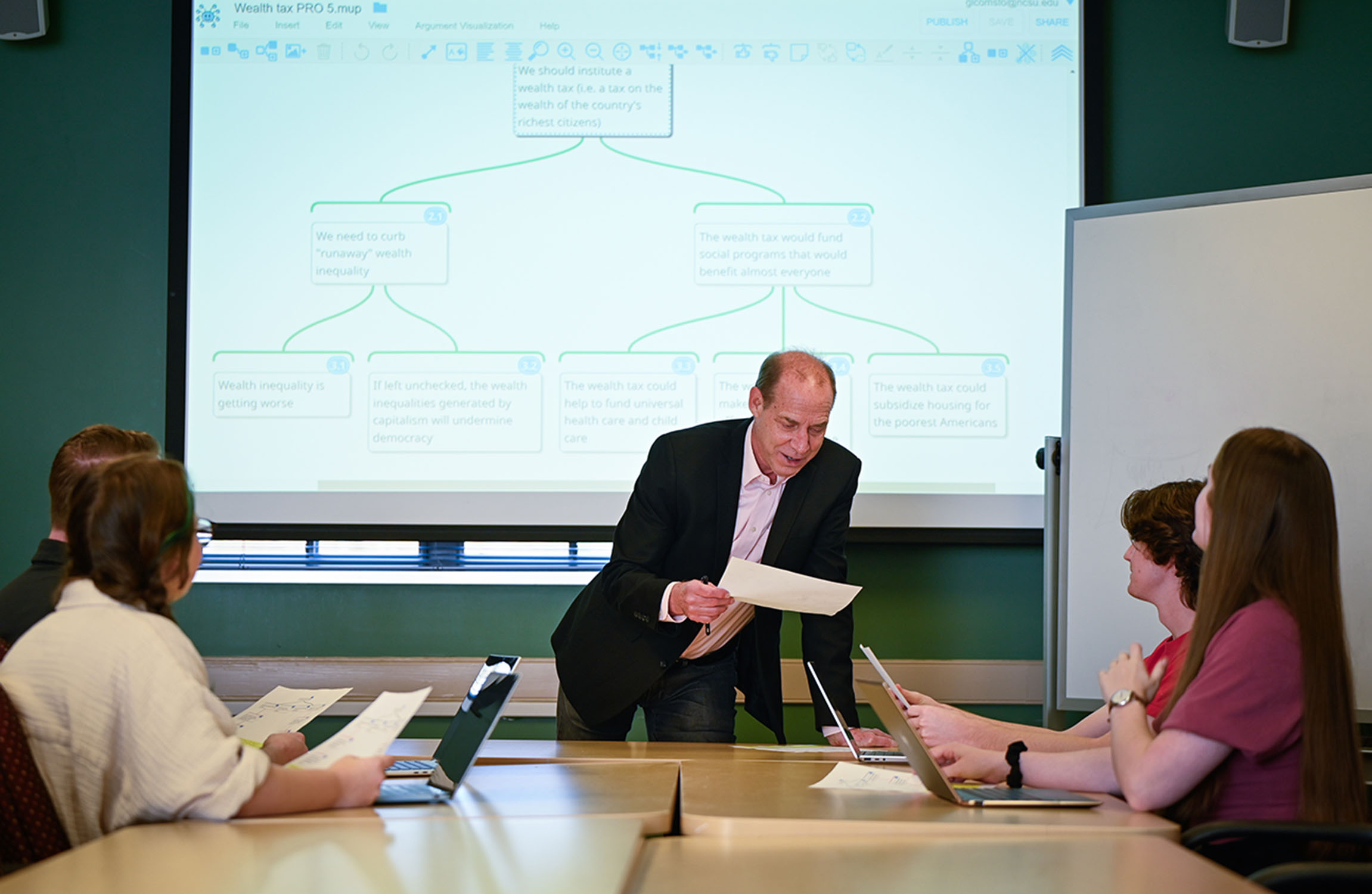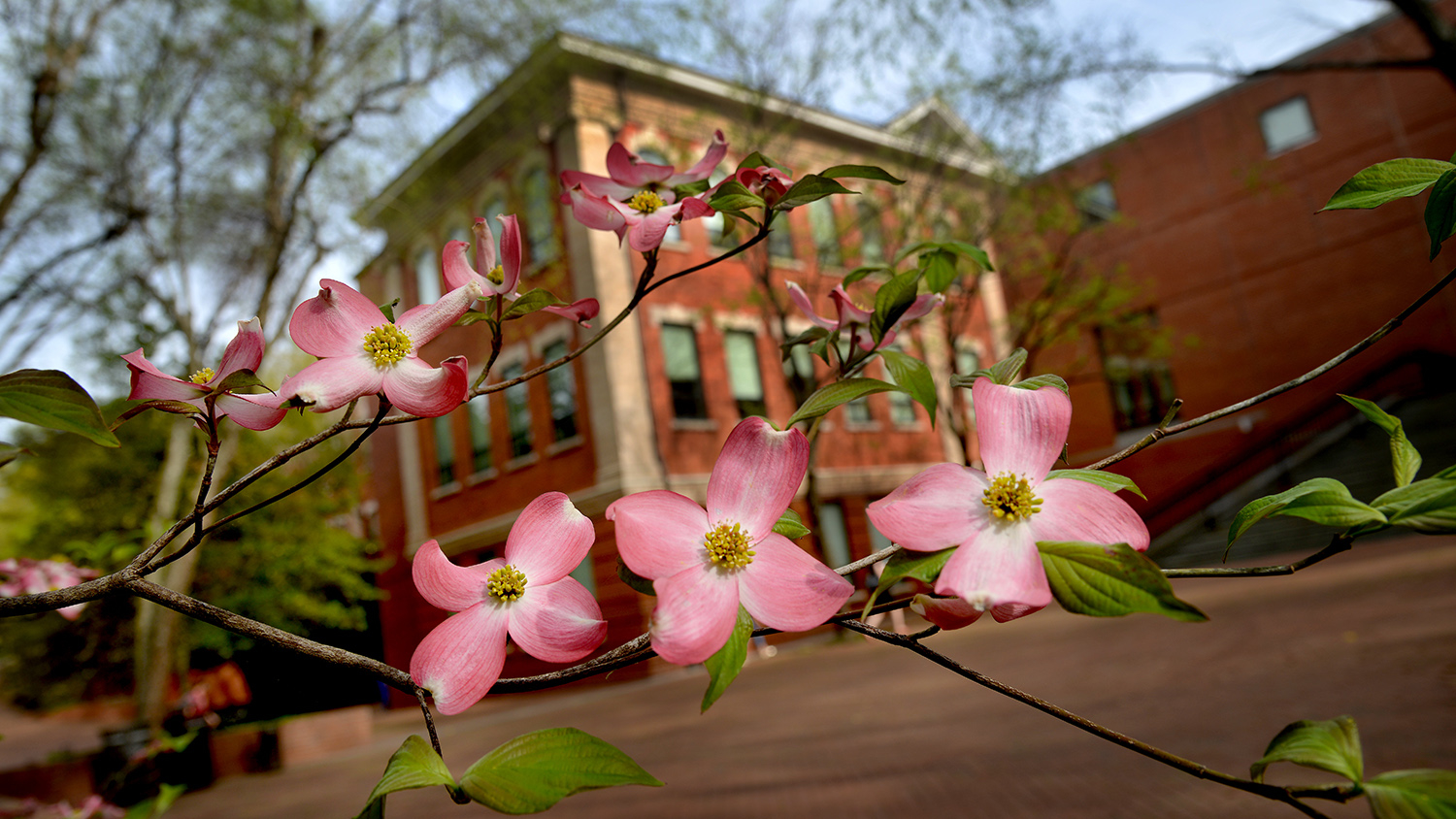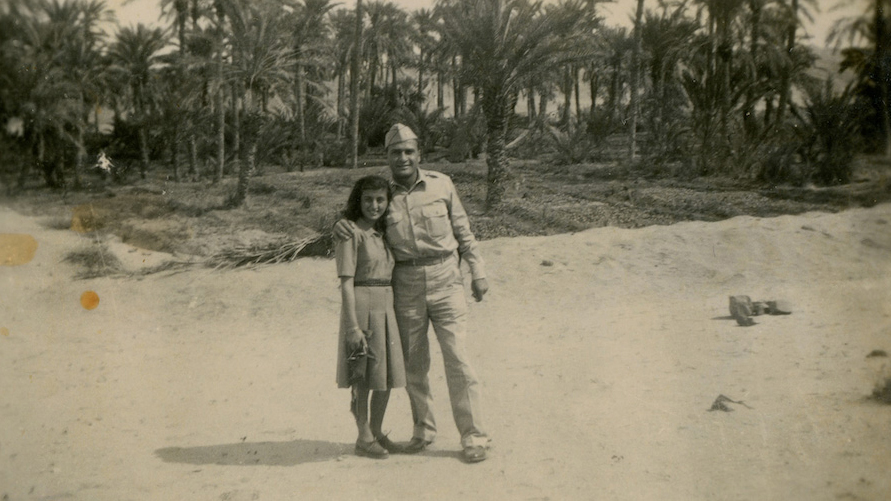Creating a literary culture

How do you enhance the literary culture of North Carolina? A culture that encourages aspiring writers from all over the state to contribute their imaginative best? The short answer: contests. Since the beginning of NC State’s Master of Fine Arts in Creative Writing program seven years ago, the program’s fiction and poetry contests have been discovering good writing across the state.
“Major league teams have their farm teams, colleges have their talent scouts. This is our way of shaking loose some of the talent in the state,” said Wilton Barnhardt, associate professor and past MFA program director. (Barnhardt is pictured above.) “Almost every year we find someone writing in isolation who we try to reach out to and make part of our community.”
The number of contest entries received each year just keeps growing. The writers come with a variety of skill sets—from graduate students at established university programs to fledgling writers in tiny towns. Three prizes in as many categories are awarded: $500 for the best longer story (20 pages or less); $250 for the best short-short (5 pages or less); and $100 to the best undergraduate effort. For the poetry contest, one of the largest free-entry poetry competitions in the South, the top winner earns $500.
For both contests, writers must be North Carolina residents, and there are no entry fees. However, the contests themselves incur expenses for the program; in addition to the prizes, there are costs associated with promoting the contests. Barnhardt couldn’t stand to see the contests plagued with money woes, so he dug into his own pockets—and reached out to family—to help fund the 2011 contests, creating the Barnhardt Family Fund.
“We have a longtime family connection to the university and my mother—who has been my own greatest encourager in my writing life—decided we would support the contests, poetry and fiction, because it could be the first bit of praise or encouragement a writer gets.
“It could start a hopeful contestant on the path to writing or, at a minimum, allow us all to read a really fine poem or story we might otherwise never have seen,” Barnhardt said. “I was lucky to have my supportive family and lots of encouraging English professors along the way. Maybe these contests will be that catalyst for a writer who barely suspected there were others who would love what they write. How wonderful that NC State can be part of that discovery.”
Objective judges lend credibility to both contests, said John Kessel, also a professor and the MFA program’s first director. “Since the final judging is done by an impartial outside reader who is a distinguished national writer or editor, the contest brings our local writers, including some from our MFA program, to the attention of a wider literary audience and increases the prestige of our program,” said Kessel, who expects more than 200 entries in the fiction contest this year.
The 2011 poetry contest, held in March, drew more than 500 entries from across the state. The guest judge was Thomas Lux, poet-in-residence at Sarah Lawrence College. In 2012, Barbara Ras will serve as judge. Her poetry has won her awards from the Academy of American Poets and the John Simon Guggenheim Memorial Foundation, among others. Ras directs Trinity University Press.
The 2011 fiction contest will be judged by Ron Rash, a well-known poet, short story writer and novelist. Winners will be announced in November, and Rash will be on campus to hand out the prizes and read from his work. Rash is the Parris Distinguished Professor in Appalachian Cultural Studies at Western Carolina University. His 2008 novel, Serena, was a 2009 PEN/Faulkner Award Finalist and New York Times bestseller; his latest release, a collection of stories, is Burning Bright.
Over the years, both the poetry and fiction contests have grown. “We started out local, with undergraduate writing classes filling the box outside my office door,” Barnhardt said. “Now we advertise in more than 50 papers and send posters and contest information to 40-plus colleges and universities in North Carolina. We have hundreds of entries each year from all the major writing programs in the state. Many come from UNC-Wilmington, UNC-Chapel Hill, and UNC-Greensboro, but we also get contributions from writing circles in every corner of North Carolina.”
By Christa Gala
Photograph by Marc Hall


